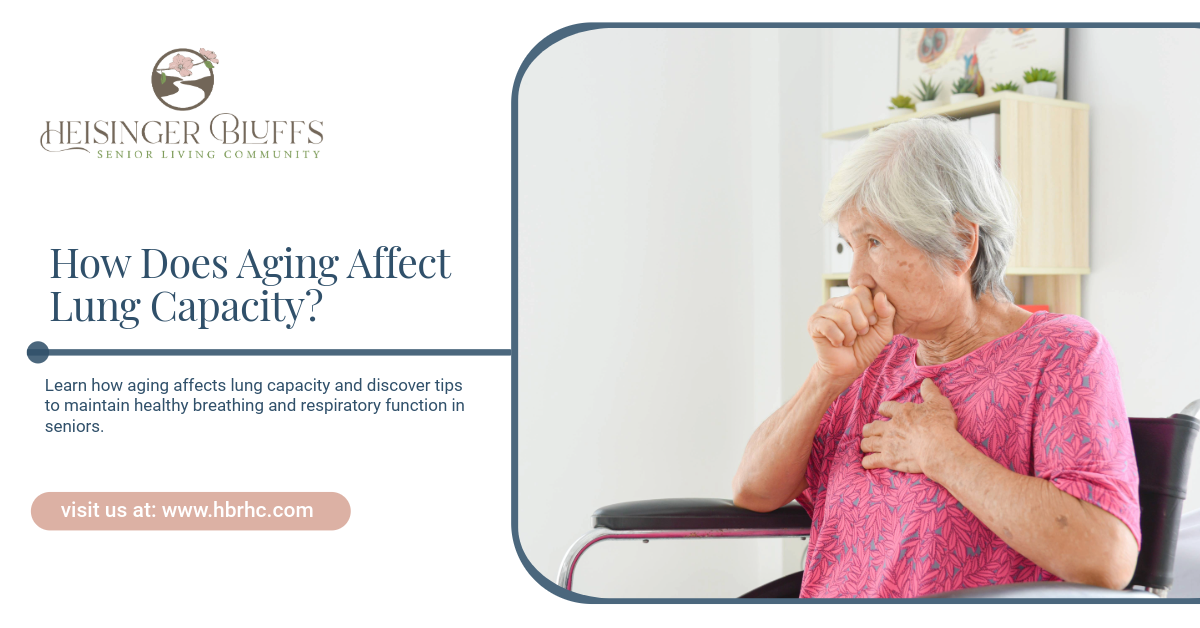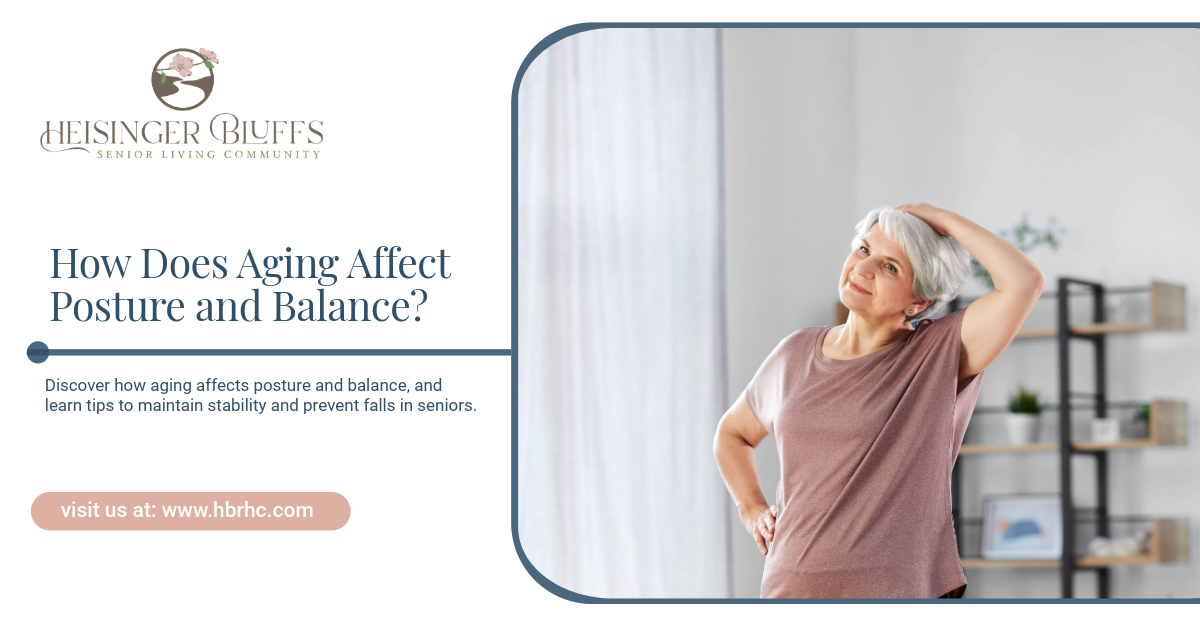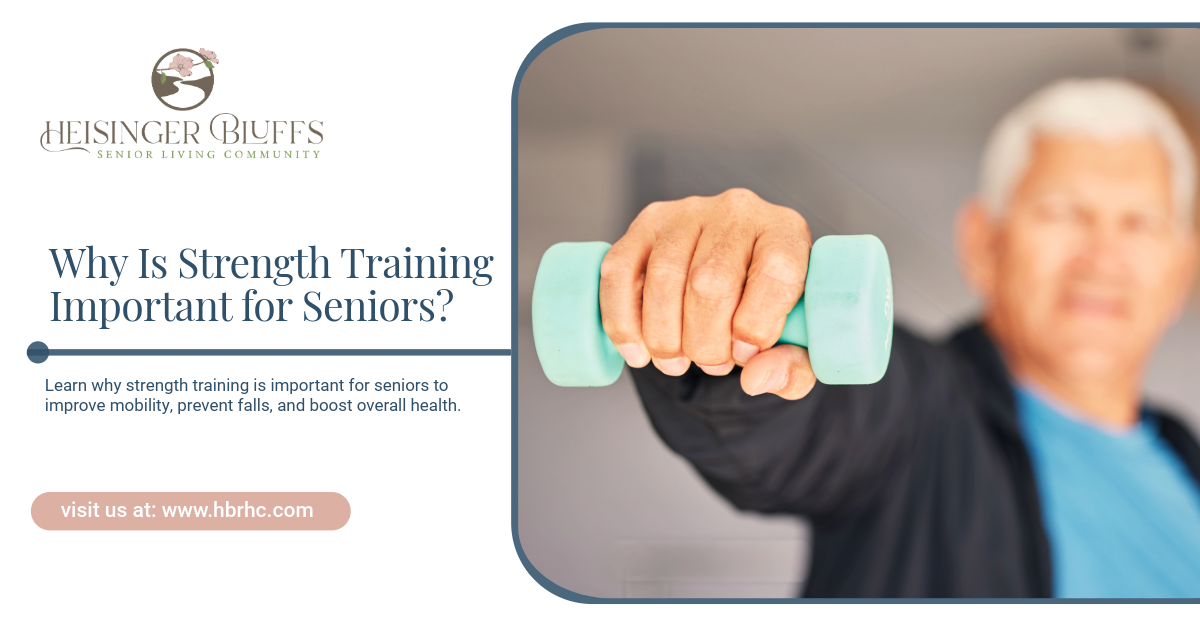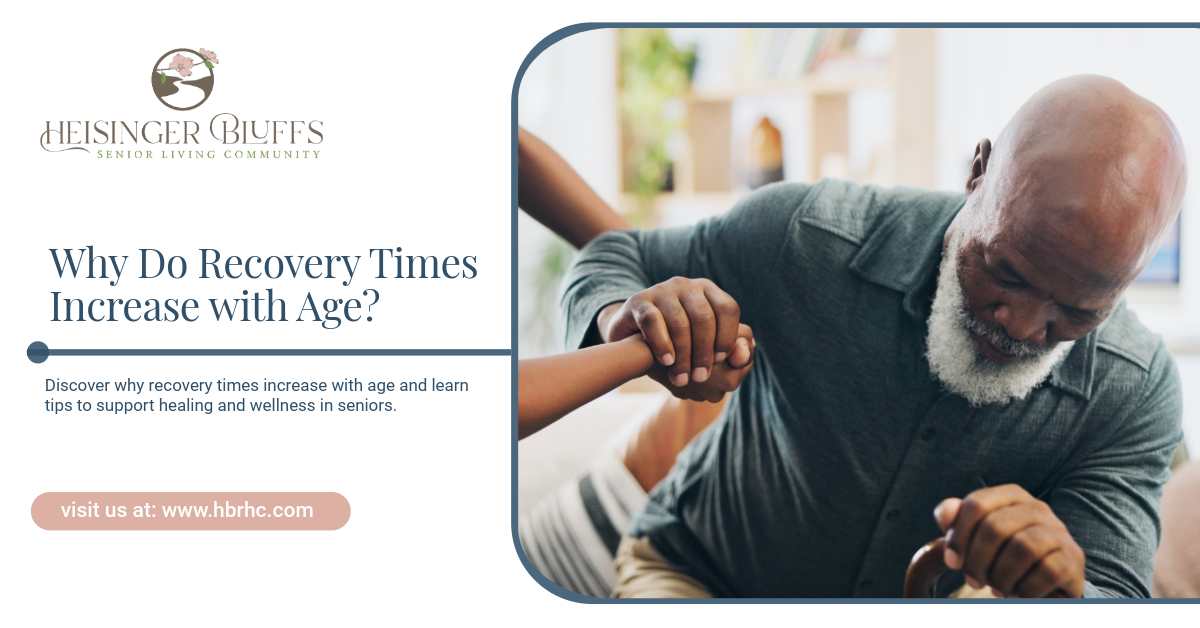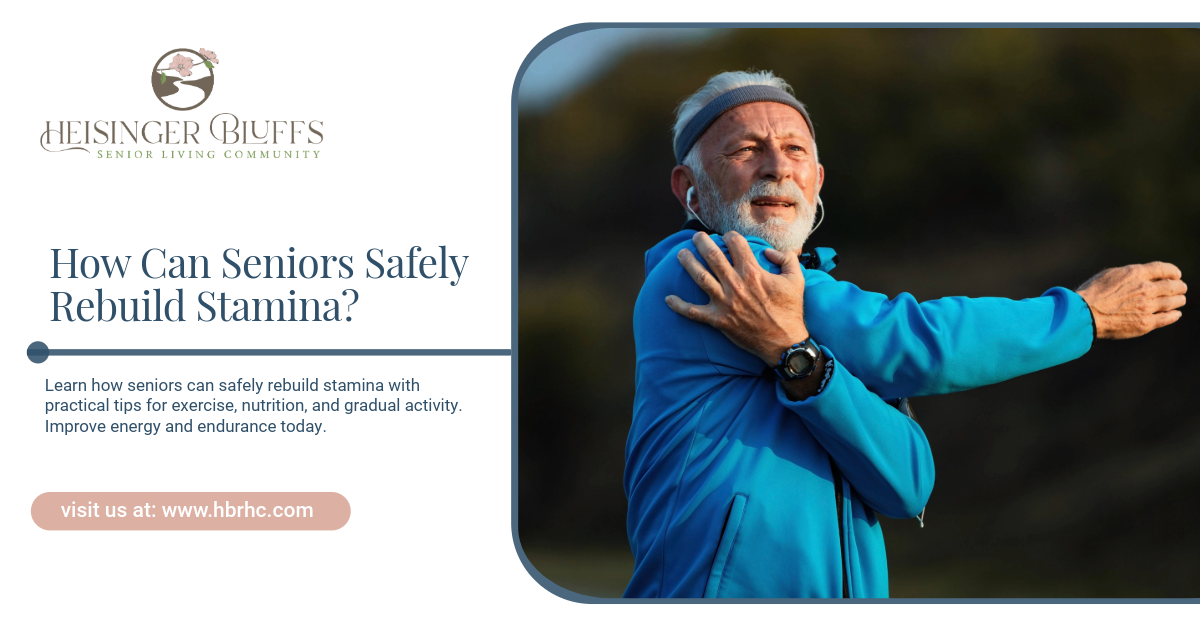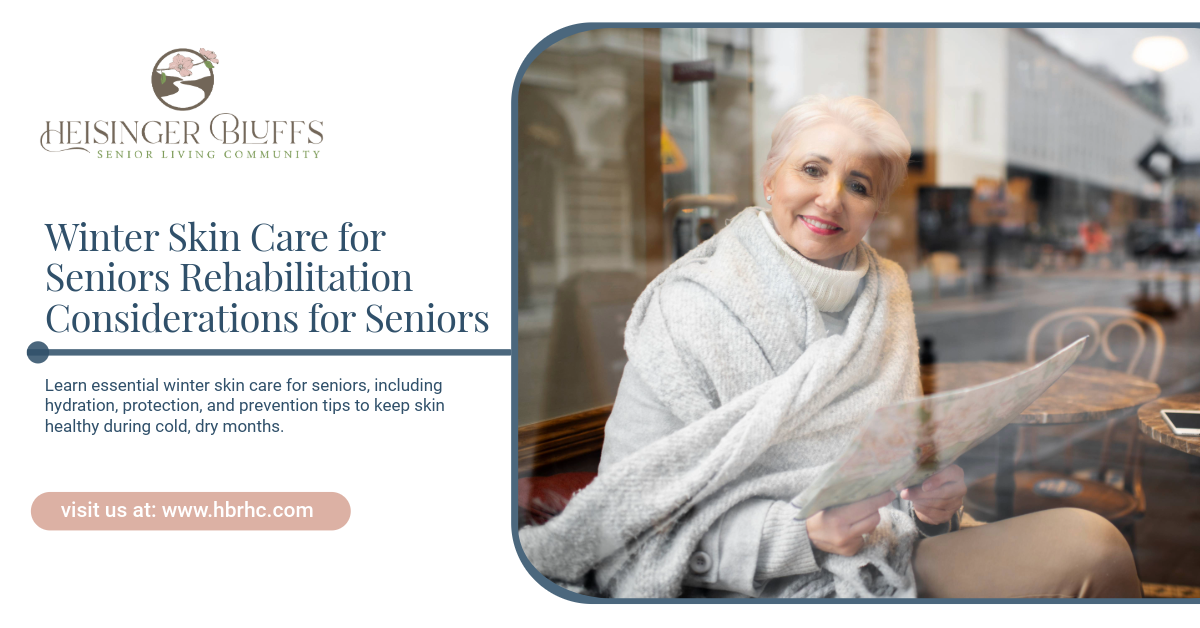Top Summer Safety Tips for Seniors
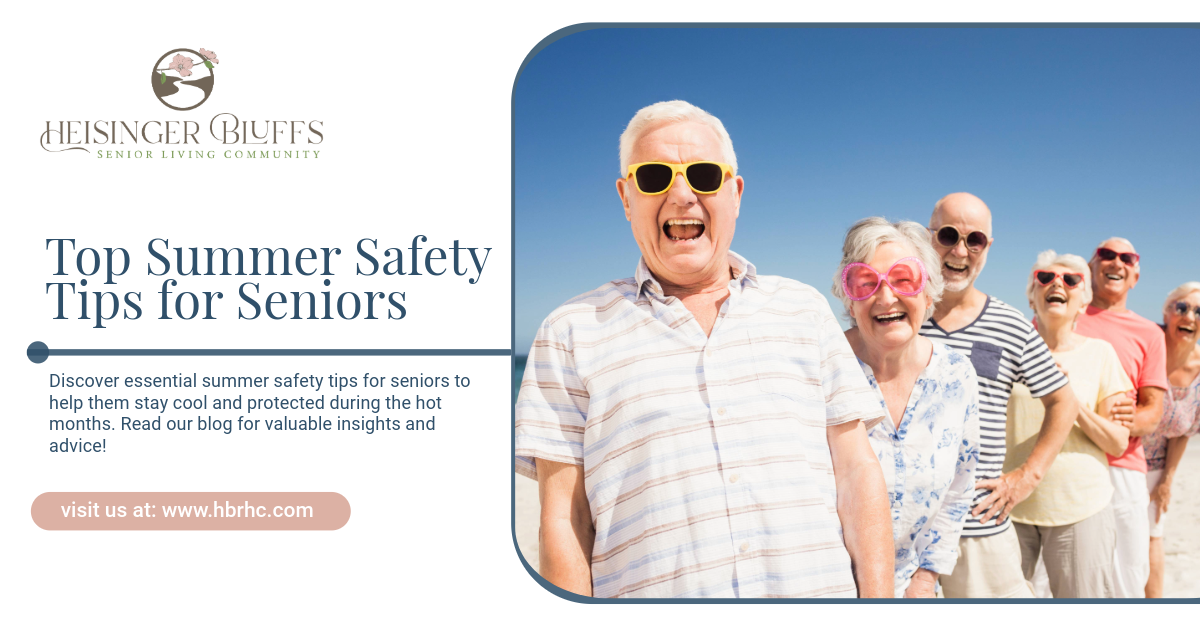
Key Highlights
- Older adults are at higher risk during summer months due to their bodies having a harder time regulating temperature in excessive heat.
- Hot weather can lead to severe heat-related conditions such as heat exhaustion and heat stroke.
- Staying hydrated, consuming fresh fruits, and finding cool places like those with air conditioning are essential practices.
- Protective clothing, sunscreen use, and avoiding peak sunny hours can help minimize sun exposure risks.
- Recognizing signs of heat-related illnesses and acting quickly can prevent serious complications.
- Seniors should consult with their doctors about medication interactions that may increase sun and heat sensitivity.
Summer brings sunny days and many outdoor activities, but hot weather can cause problems for older adults. When it's very warm, older adults have a harder time keeping their bodies safe. The risk of dehydration and heat-related sickness can rise. Using the right summer safety tips helps older adults stay healthy while making the most of the season.
As people age, they are more at risk from extreme heat. Let's look at why this happens and what you can do to help.
Understanding the Risks of Summer for Seniors
Hot weather can be dangerous for older adults. Staying in hot or extreme temperatures for too long can make it harder for the body to stay cool. This makes heat-related problems more likely. Many older adults have health issues or take medicine that can also raise their risk during such times.
The Centers for Disease Control and Prevention says that too much heat can cause dehydration, dizziness, or even heat stroke. It is important to take steps to prevent problems from excessive heat. By doing this, you can help protect the health of older adults.
To start, it is good to know how hot weather can hurt seniors, especially those with chronic health conditions. This knowledge can help keep them safe.
How Hot Weather Impacts Older Adults
High temperatures can be hard on older adults. As people age, their bodies have a tough time keeping a steady body temperature. The way the body cools itself is by sweating, but as you get older, you sweat less. This makes it tougher to deal with extreme heat and can lead to overheating.
Some people may also have chronic health conditions, like diabetes or heart disease. These problems can make it slow for the body to handle sudden temperature changes or to recover after being in the heat. Also, there are some medications that can make it harder for the body to handle heat.
On top of that, many older adults start to feel less thirsty even when they need water. This can cause people to get dehydrated before they even know there is a problem. All of these things together show why it is so important to take care when the summer months start, to look out for the safety of older adults.
Common Heat-Related Illnesses to Watch For
Being in high temperatures for a long time can make you sick in different ways. These heat-related illnesses can be mild or very serious. It is important to spot the signs early. That way, you can stop things from getting worse:
| Illness | Symptoms | Immediate Actions |
|---|---|---|
| Heat Cramps | Pain in muscles like legs, arms, or stomach. Skin may be moist and cool. | Rest in the shade. Drink water and fluids with electrolytes. |
| Heat Exhaustion | Clammy skin, dizzy feeling, tiredness, fast heartbeat, and a lot of sweating. | Move into a cool spot, drink water, and rest. |
| Heat Stroke | High body temperature (104°F or more), dry skin, confusion, or passing out. | Call 911 right away. Put cool packs on or give a cool bath. |
Knowing about heat cramps, heat exhaustion, and heat stroke can help you and other people stay safe when the weather gets warmer. If you understand what to look for and what to do, you can avoid major problems with high body temperature when it is hot outside.
Essential Hydration and Nutrition Tips
Staying hydrated and eating the right food is very important for older adults in the summer months. When people do not drink enough water, they can get dehydrated fast. This can happen even quicker if they have chronic health conditions.
Eating meals with water-rich fresh fruits like watermelon, oranges, and cucumbers helps a lot. These foods give the body key nutrients and also help you stay hydrated. When you balance fluids and food well, your body can deal with high temperatures better. This also lowers the risk of getting sick from heat.
Now, let’s look at more hydration and dietary tips for summer, in detail.
Staying Hydrated in High Temperatures
Hydration can save lives during extreme heat. It is important because the body does not do well when it does not have enough water. You need to notice signs like having a dry mouth, feeling dizzy, or seeing that your urine is darker than usual. Older adults can stay safe with a few easy tips:
- Carry a reusable water bottle: Keep it with you, and sip water throughout the day.
- Use cooling methods: Take cool showers and spend time in an air-conditioned place to get away from the heat.
- Avoid alcohol and caffeine: These drinks can cause your body to lose water faster.
Drinking plenty of water or drinks with electrolytes helps the body work well in hot weather. It also helps stop problems like heat exhaustion. In summer, hydration is very important for older adults. Do not skip it during the heat.
Choosing Nutrient-Rich Foods for Hot Days
Eating foods full of nutrients is just as important as drinking enough water on hot days. When you eat meals that have a lot of water, you get the hydration you need, and it also helps to boost your energy.
- Opt for fresh fruits and vegetables: You can go for things like melons, berries, cucumbers, and zucchini.
- Incorporate small, lighter meals: Eat small portions a few times a day instead of big meals. This helps your body so you do not get too hot from digestion.
- Minimize salty and processed foods: Try not to eat too many salty or processed foods, as these can make you lose water and become more dehydrated.
These eating habits are extra important for people who have chronic medical conditions or spend a lot of time being active outdoors. Eating right not only helps you be strong, but also gives your body what it needs to handle excessive heat. Fresh fruits can really help your body to stay well and recover after a long, hot day.
Sun Protection and Skin Care for Seniors
Protecting your skin from harmful UV rays is very important for sun safety. Older people can get skin damage more easily when they spend time in the sun. This can cause things like sunburn or even heat stroke. Being out in the sun too much, especially on sunny days, can also make your skin age faster and make it harder for your body to protect itself.
Using sunscreen is a simple way to lower these risks. Wearing protective clothing that is good for your skin also helps. It is best to use both together. This way, you can avoid the harm caused by UV rays and too much sun exposure. Let’s find out the best ways to use sunscreen, and also see how protective clothing and accessories keep you safe.
Best Practices for Sunscreen Use
Sunscreen is your first way to protect yourself from the sun's UV rays, especially on sunny days. To get the best protection:
- Choose a broad-spectrum sunscreen: Pick one that has SPF 30 or more.
- Reapply often: Use a good amount every two hours or after you get in water.
- Cover all exposed skin: Remember to get spots like your ears, the back of your neck, and your hands.
The sun is the strongest from 10 a.m. to 4 p.m. This is the peak time for strong sun and UV rays. Seniors should use sunscreen during these hours to not getting sunburned and to avoid problems like heat exhaustion.
Protective Clothing and Accessories
Guarding your body from UV rays gets easier if you use the right clothes and accessories. Pick things that make you feel good and keep your skin covered:
- Wear light-colored, breathable fabrics: These will help keep you cool.
- Accessorize with wide-brimmed hats and UV-rated sunglasses: These will protect your face and eyes from harmful UV rays.
- Select clothing with built-in UV protection: These are great if you do a lot of outdoor activities.
When you use sunscreen and wear the right clothes, you can block out sun exposure. This way, you create a good shield against the sun, which helps keep people safer when they are outdoors, especially seniors.
Final Thoughts
Summer is a time to enjoy, but for older adults, it's also a time to be extra mindful of health and safety. High temperatures can take a toll, making hydration, proper nutrition, and sun protection essential. Staying aware of how your body feels, keeping up with fluids, and asking for help when needed can make a big difference in how you experience the season.
At Heisinger Bluffs, we care about your well-being all year long. For personalized tips and support, contact our team today, and enjoy a safe, healthy summer with confidence.
Frequently Asked Questions
What are the warning signs of heat stroke in seniors?
Heat stroke can cause a high body temperature, skin that is dry or red skin, confusion, fainting, and a weak pulse. If someone has these symptoms, it is very important to act fast. Move the person to a cooler place as soon as you can. Put cold cloths on their skin. Call 911 right away. Quick help can stop more problems from happening.
How often should seniors drink water during summer?
Older adults need to drink water often all through the day, even if they do not feel thirsty. It is good to stay hydrated, especially when you are in cool places like air-conditioned rooms. Drinking water can help stop you from getting dehydrated. Temperature changes can happen fast, so having water at these times is even more important for the health of older adults.
What’s the safest time of day for seniors to go outside?
The best time for seniors to be outside in the summer heat is early in the morning or later in the evening. The temperatures are cooler at these times. To stay safe and happy, avoid the outdoors during the peak hours of 10 a.m. to 4 p.m. This helps make sure that outdoor activities are always fun and safe.
Sources:
- https://www.cdc.gov/heat-health/about/index.html
- https://magazine.hms.harvard.edu/articles/effects-heat-older-adults
- https://pmc.ncbi.nlm.nih.gov/articles/PMC10255140/
- https://www.skincancer.org/blog/the-sun-keeps-rising-why-seniors-cant-skip-uv-protection/





